Search Results for Tag: Climate
Greenpeace: Pirates, Hooligans – what next?
If it didn’t involve thirty committed conservationists being imprisoned and intimidated, I might be inclined to see the Russian authorities’ behaviour as something of a farce. Russia has now dropped allegations of piracy, but accused the activists of hooliganism, which still carries a long jail sentence. Pirates? Hooligans? What will they come up with next in their effort to keep the crew of the Arctic Sunrise in jail and hammer home the message that Russia takes its Arctic interests very seriously? The absurdity of the charges against protesters on behalf of an organisation famous for its often spectacular but always unarmed and peaceful demonstrations in the cause of environmental protection tells us a lot about Russia’s attitude towards the Arctic. “Russia takes on Greenpeace – and stakes its claim to the Arctic” is the headline of an article by Simon Shuster for Time World , which suggests Greenpeace met with the disproportionately harsh response because the Arctic oil rig protest came at a time when Russia was asserting its military presence in the Arctic – against a background of growing economic interest. Moscow has opened its first permanent military base in the Arctic since the fall of the Soviet Union. The Greenpeace stunt “gave Russia just the opportunity it needed to underscore the message of Admiral Kololyov (commander of Russia’s northern fleet): Do not tread on the Russian north”, Shuster writes. Indeed.
Shuster quotes Vladimir Chuprov, head of Greenpeace Russia, as admitting the timing of the protest “may have been inopportune”. Greenpeace chief Kumi Naidoo, who was personally involved in a similar protest last year, has stressed the organisation did not expect such a harsh response.There are those who criticize Greenpeace for staging the protest. Greenpeace critic Mika Mered, CEO of Polaris Consulting, writes in a commentary for the Arctic Journal Moscow’s reaction was “perfectly predictable”. Whether it was predictable or not – the treatment of the activists is drawing massive attention to what is happening in the High North. The race is in full swing for access to the Arctic’s resources. Research into the environmental impacts of oil and gas drilling and transport on the fragile Arctic eco-system and the development of technology to cope with a possible oil spill in icy waters are struggling to keep pace with the rapidity of commercial development. The Russian reaction to the Greenpeace protest has drawn widespread media and public attention to the rapidly growing international economic and political interest in the Arctic. More than any scaling of an oil rig alone could ever have done. And in the run-up to the next round of UN climate talks in Poland next month, let us not forget that it is climate change, caused to a large extent by the burning of fossil fuels, that is making the race for Arctic oil and gas possible.(No wonder UN Climate Chief Christina Figueras was reduced to tears by the lack of inaction on climate the other day).
Meanwhile, on a more positive note, a survey conducted by the Kremlin-backed Public Opinion Foundation on October 13th showed that 69 percent of Russians favour making the Arctic region a neutral zone – outside the control of sovereign states. See Moscow Times.
Also worth reading: “High North or High Tension”by retired US Navy Admiral James Stavridis in Foreign Policy.com. If we want to keep the peace in the Arctic, he says, “we have some work to do”.
Atlantic cod pushing out Arctic relatives?
When I visited the AWI Biological Institute on the German North Sea island of Helgoland last year for a story on how climate change is affecting marine life, the Institute’s Director Karen Wiltshire mentioned to me that cod was disappearing from the waters around the island. The Atlantic cod, it seems, are moving north, a trend confirmed by a recent research cruise by scientists from the Alfred-Wegener-Institute (AWI).
![]() read more
read more
“Poles apart” on the Arctic?
Intrigued by a tweet from the British Guardian, “Arctic melt means more pirate chases, say Polish climate hosts”, I clicked on to the website of the organisers of this year’s UN climate talks, to be held in the Polish capital Warsaw next month. Alas, the blog where the offending entry had been posted has been temporarily closed, leaving only this message:
“For the time being we decided to take some time away from our blog. Our idea was to focus attention on important issues that need good solutions and spark discussions on those. We did not foresee that some readers would take the presented texts literally as the official Polish position. Notwithstanding we would like to express regret as some of you found the text to be inappropriate. We acknowledge these criticisms. It was certainly not our aim to offend anybody. We will take due care that all new articles and posts on this website are written in a clear and sensitive manner so as to avoid misunderstandings. Stay tuned for more ideas.”
Unbelievable. The people responsible for the COP19 website have not felt obliged to write carefully up to now? People have been able to put their own “non-official” views on there? Well, the aim of “sparking discussions” has certainly been achieved, if not in the way the conference organisers intended. I will have to refer you to the Guardian if your curiosity is aroused as to what was actually on the blog before it was closed. Let it suffice here to quote the possibility mentioned there of “chasing the pirates, terrorists and ecologists that will come to hang around…” in the developing Arctic. No wonder Greenpeace and WWF amongst others called for the post to be removed. “Pirates, terrorists and ecologists”?
Poland’s hosting of the conference is in itself controversial, given that the country receives almost all its electricity from coal. The conference partners listed on the website include PGE, the Polish Energy Group which runs several coal power plants in the country, including the largest coal-fuelled thermal power plant in Europe, Belchatow.
Poland, you will have to smarten up your act and drastically improve your communications in the run-up to a key conference that should pave the way for emissions reductions in the interest of the Arctic and the rest of the planet. Assuming you are taking this issue seriously?
Greenpeace Arctic Protest in Germany
Greenpeace campaigners were on the streets around the world on Saturday October 5th, protesting against the arrest of the Arctic Sunrise crew by the Russian coastguard. For a short summary of the background, see “Greenpeace holds rallies...” on our DW environment page.
I paid a visit to the stand set up in our local shopping centre, Bad Godesberg, to see what was happening. Greenpeace Bonn were working hard to persuade shoppers on a drizzly October morning to sign the online protest against the arrests. It was interesting to see a mix of younger and more experienced campaigners outside the town theatre. There was also quite a wide age range amongst the passers-by who stopped to find out what was happening or even sign the online petition to have the Arctic Sunrise crew freed.
The controversy has certainly brought a lot of attention to the Arctic. I have the feeling there is a growing awareness here of the whole issue surrounding climate change, melting Arctic ice, and the difficulties involved in the economic development of such an ecologically sensitive area. Still, most people do not realise how relevant the “distant” Arctic is to all of us, given the role it plays in influencing climate change as a whole, our weather patterns and, of course, with the huge Greenland ice sheet, global sea levels.
Ice Blog back online!
Apologies for the absence of icy news on the blog over the past three months. I was collecting new stories and pictures of glacier development in the Swiss Alps during a hiking holiday and unfortunately slipped on some ice. It has taken me three months to recover, but before that I did take plenty of pictures, some of which will be appearing on the blog at some point in the next few weeks. I first visited that particular area in 1984, so have photos as well as memories of the glaciers as they looked then, and now. A comparison shows major changes. Many areas which were then iced over are now completely ice free.
In the meantime, of course, there has been no shortage of news and stories in the world at large relating to the polar regions and climate, including the annual sea-ice minimum measurements and the IPCC report.
As for the sea-ice measurements, the scientists from Germany’s Alfred Wegener Institute say the fact that the sea ice covered a bigger area than last year does not mean the ice pack is recovering. Its extent is still very low compared to the long-term average, and is in line with an overall trend towards less of the stable, thicker multi-year ice. A new study published this week suggests the Arctic will be ice-free in summer within 25 years. See this summary and context from the Climate News Network: Ocean damage is worse than thought.
The IPCC report includes a lot more data on developments at the poles, which was lacking in the last report. Ice melt from the Greenland and Antarctic ice sheets are shown to be playing a much greater role in increasing sea levels than previously thought. There’s a brief summarizing article on the DW environment page.
More on the “state of the ice” in the coming week. Please look out for regular posts from your Ice Blogger again from now on. It’s great to be back in action.



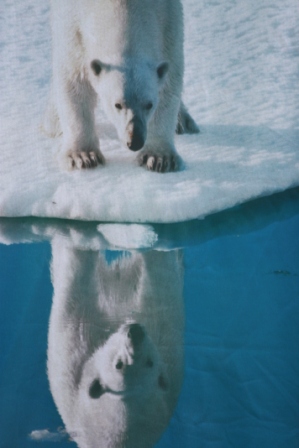

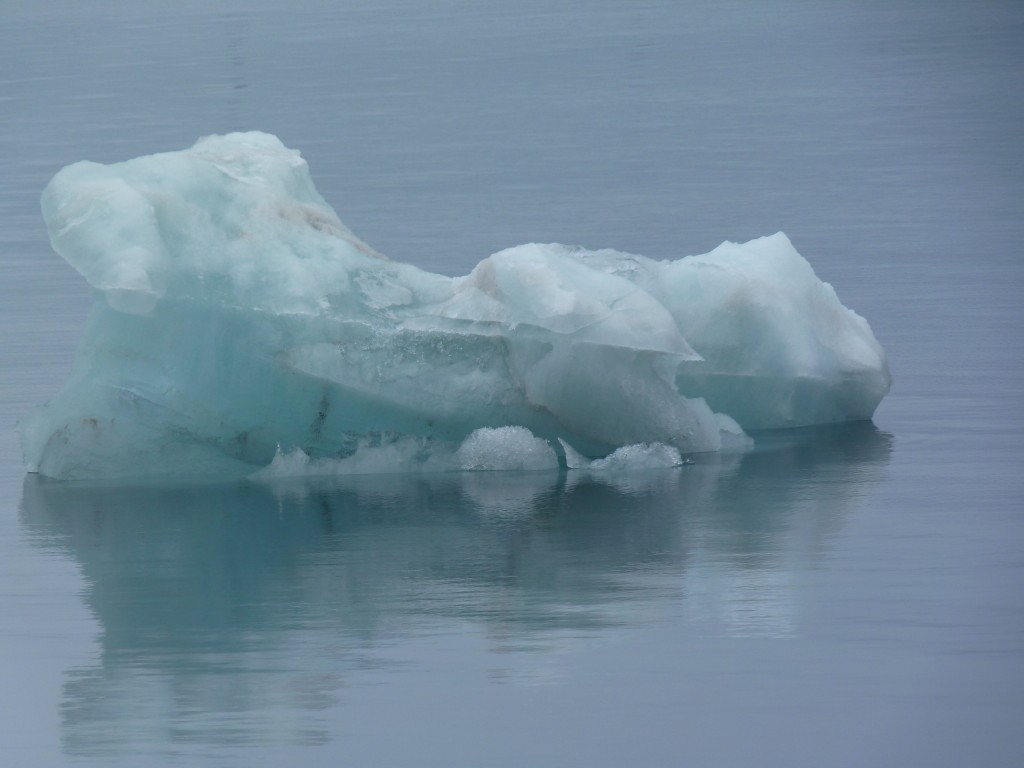
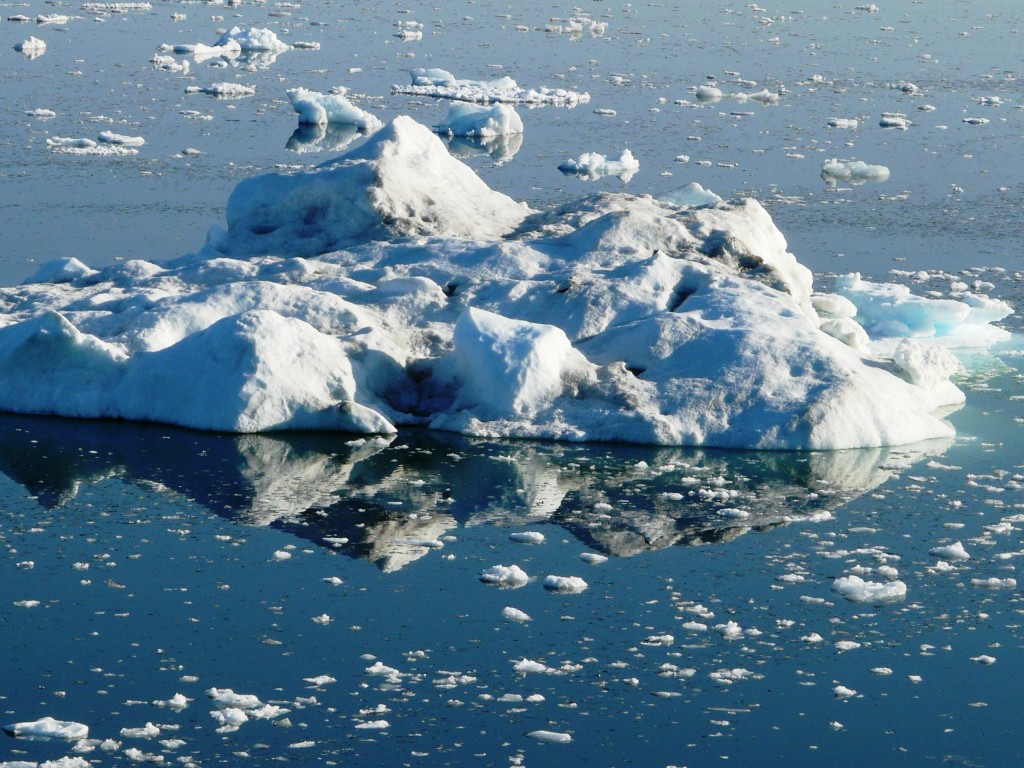
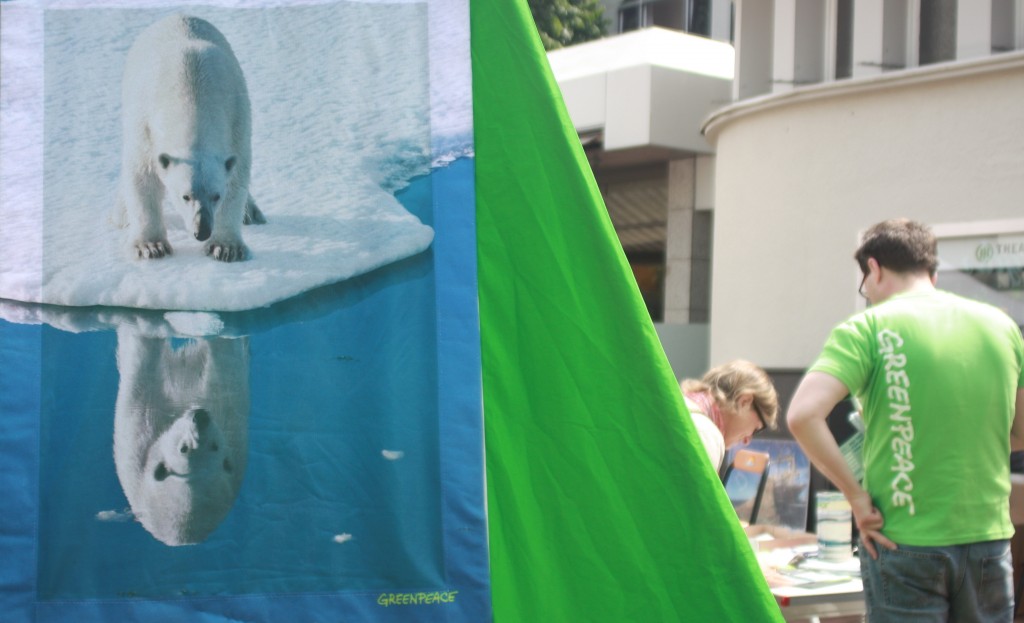
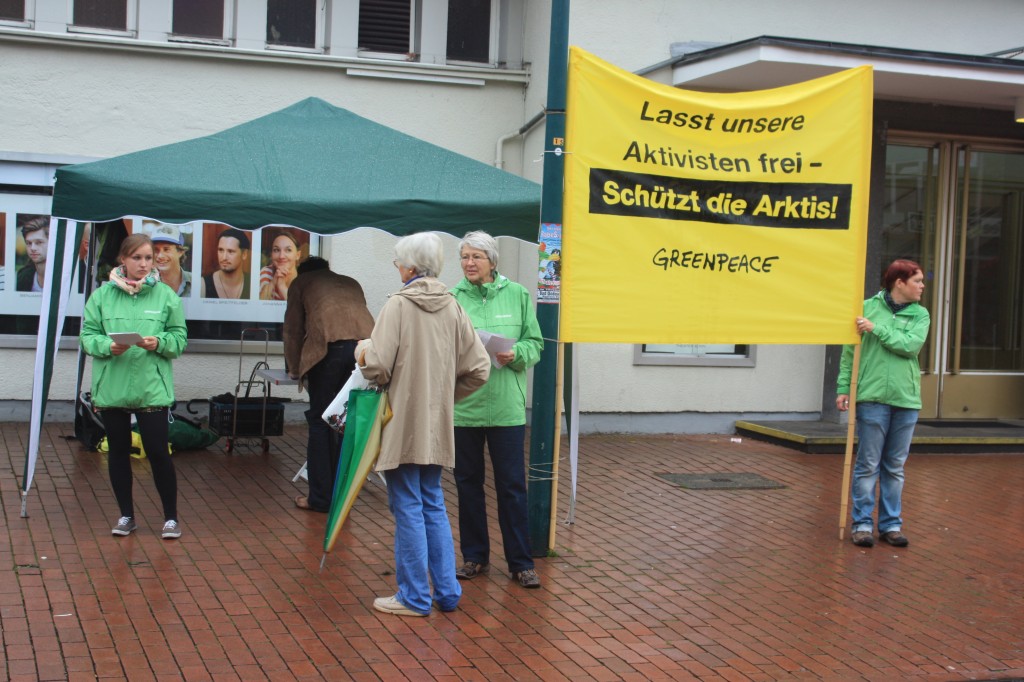


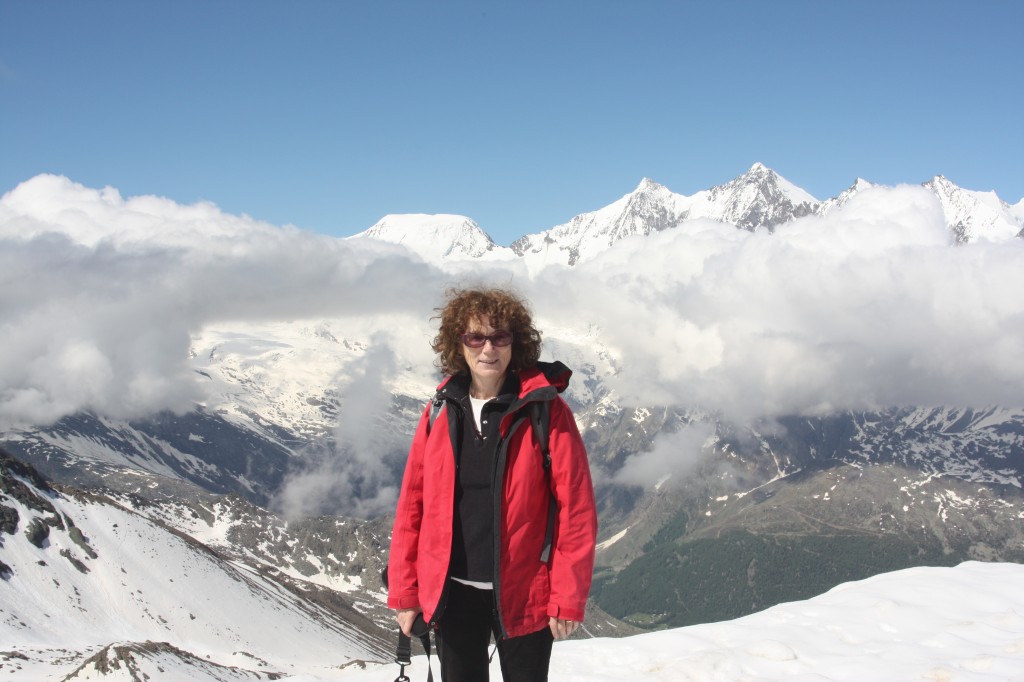
















Feedback